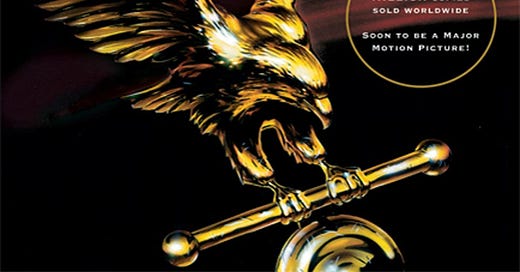If you are looking for the beginning of the study for The Eagle of the Ninth then you can go HERE for a brief introduction. At the bottom of the introduction you will find the links to each section of the study guide as it becomes available. If you would like to see the growing list of book studies available for free on this site you can go HERE. Enjoy!
Virtues/Vices/Great Ideas: (Find them in the Text)
Coming of Age, Right of Passage, Arrogance, Religion, Prudence, Light vs. Darkness
Grammar Questions: (The Information of the Text)
What did each boy receive from his father at the ceremony?
After all of the boys had been recognized and joined the men, what came next in the festival?
Why, according to the text, did Tradui consider himself particularly qualified to explain to Marcus about his tribe and their traditions?
What are some details that Tradui shared with Marcus about the Ninth Legion’s last moments which Marcus had not known before?
How did the Eagle come to be broken?
What did Tradui have which he wore around his neck?
To which gods did Marcus and Esca pray before starting their mission and what did they have in common?
Beside the Eagle, what few items did Marcus and Esca see within the holy place?
Whose was the last “Roman hand” to touch the Eagle prior to Marcus?
What occurred within the holy place that almost made Marcus panic and lose his nerve?
What did Marcus and Esca do with the Eagle after they took it from the holy place?
Logic Questions: (Interpreting, Comparing/Contrasting, Reasoning)
Why did the “Feast of New Spears” have “nothing to do with womankind”?
Why did Tradui think he was the wisest of his tribe?
Why would Marcus say that the Greeks had “small cause to love Rome”?
Why did “the friendliness of the tribesmen” give Marcus no guilt about his plan to steal the Eagle?
The Britons saw the Eagle as a kind of god of the Romans. Did Marcus see it that way too?
Why didn’t Marcus and Esca leave immediately with the Eagle after taking it from the Holy Place?
Rhetoric Questions: (The Analysis of Ideas in the Text)
When does a boy become a man? What makes the defining difference? What are some false ideas that people may have about this? Is the right of passage to adulthood different for boys than girls? Why or why not?
Marcus used flattery to get information out of Tradui, “Truly…wisdom flows from Tradui”. Is it moral or immoral to use flattery? If you think flattery can be used in a moral way, when and how should it be used? If you don’t think it should ever be used, why not?
Marcus almost panicked in the British holy place during a tense moment. How does one keep calm and hold on to his or her courage in the midst of a terrifying situation? Is there any way to prepare for such moments? Explain your answer thoughtfully.
Theological Analysis: (Sola Scriptura)
Read Isaiah 44:6-20. How might we relate this to our present reading concerning the beliefs of both the Romans and Britons in the story?



